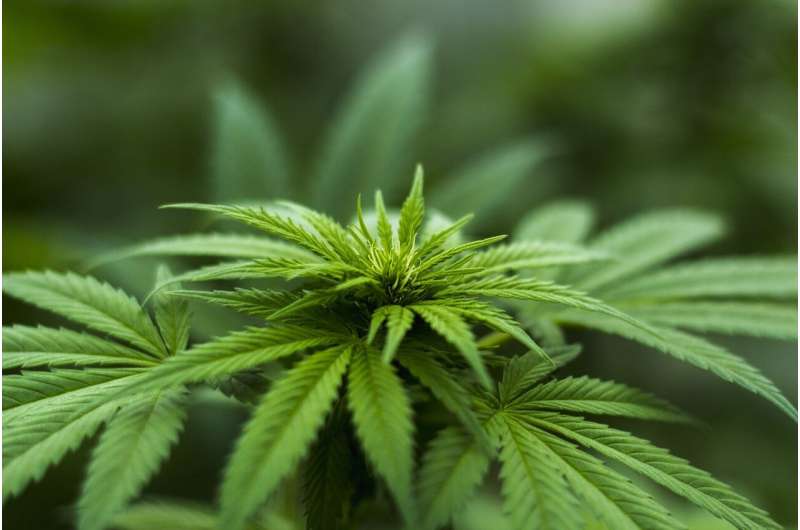Texas Legislature Approves Expansive Medical Marijuana Legislation

Texas advances a comprehensive bill to expand access to medical cannabis, including more conditions, dispensaries, and delivery methods, providing new hope for patients and veterans.
On May 13, 2025, the Texas House of Representatives overwhelmingly approved a significant expansion of the state's narrow medical marijuana program. The legislation, House Bill 46 led by Representative Ken King, R-Canadian, received a strong bipartisan vote of 118-16 and is anticipated to gain final approval soon.
The bill aims to broaden access to medical cannabis by allowing veterans and non-veterans alike to benefit from THC treatments. It significantly increases the list of qualifying medical conditions, now including chronic pain, Crohn's disease, glaucoma, traumatic brain injury, spinal neuropathy, and degenerative disk disease. Currently, the program covers conditions like post-traumatic stress disorder, epilepsy, cancer, and multiple sclerosis.
One of the key changes proposed is to nearly double the number of licensed dispensaries from three to eleven, with provisions to store inventory in multiple regions within Texas. This is expected to reduce delivery times for patients and lower associated costs. Additionally, the legislation proposes expanding the methods of cannabis delivery to include inhalation via vaporizers and insertion through suppositories, though it stops short of legalizing smokable marijuana.
Special provisions are granted to military veterans, whose doctors can prescribe low-dose THC for conditions beyond the existing list, with the Texas Department of State Health Services given authority to identify further eligible conditions.
The discussion surrounding the bill also involved some dissent. State Rep. David Lowe, R-North Richland Hills and an Army veteran, expressed skepticism about the effectiveness of marijuana in treating PTSD and other veteran-specific issues. He shared his personal experience with counseling and skepticism based on VA advice.
The legislation aligns with the Texas Senate's approach, which has already approved a broader dispensary policy without expanding the list of conditions. Negotiations are underway between the two chambers to reconcile differences, with a final decision expected soon. If approved, the bill will be sent to the governor for signing.
Advocates emphasize that the expanded program offers a safer alternative to opioids, which are associated with significant addiction risks. Supporters also highlight its potential to improve quality of life for patients, rural communities, and working families.
Stay Updated with Mia's Feed
Get the latest health & wellness insights delivered straight to your inbox.
Related Articles
Vaccines Demonstrate Long-Term Effectiveness Against HPV-Related Cervical Cancer
New Danish study confirms long-term effectiveness of HPV vaccines in preventing the most common high-risk strains linked to cervical cancer, with near-elimination of HPV 16 and 18 in vaccinated women.
Innovative Approach Offers New Hope for KRAS-Mutated Colon Cancer Treatment
Groundbreaking research reveals that targeting the EGFR pathway may offer new treatment possibilities for KRAS-mutated colon cancer, challenging previous treatment assumptions.
Breakthrough in Natural Molecules Offers Hope for Glaucoma Patients
Scientists at the University of Missouri have identified natural molecules that could serve as biomarkers for early glaucoma detection and potential neuroprotective therapies to prevent vision loss. Discover how agmatine and thiamine might transform glaucoma management.
FDA Takes Action Against Misleading DTC Drug Advertisements with Cease-and-Desist Orders
The FDA is stepping up efforts against misleading direct-to-consumer drug advertisements by issuing 100 cease-and-desist orders to ensure accurate and transparent pharmaceutical marketing.



